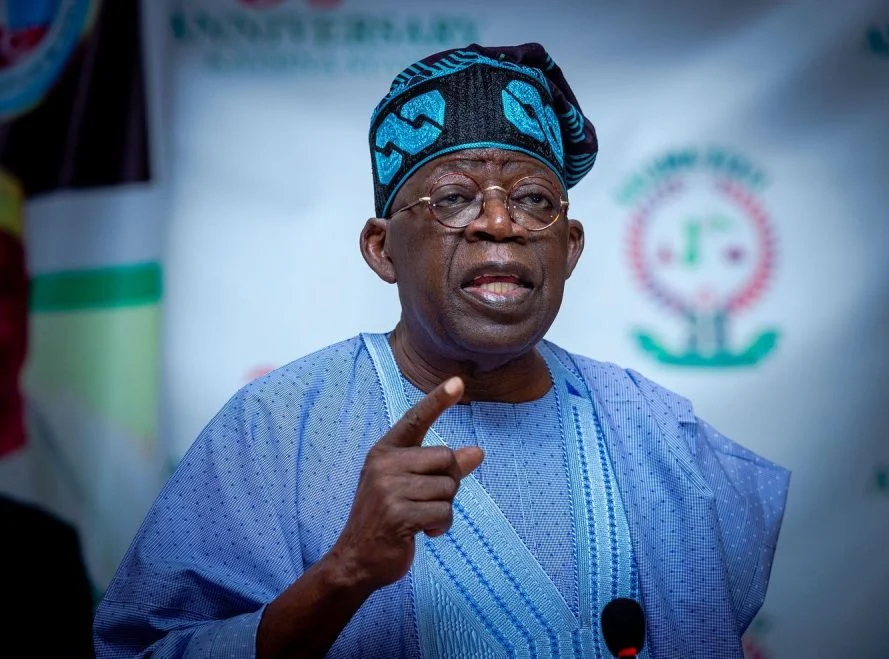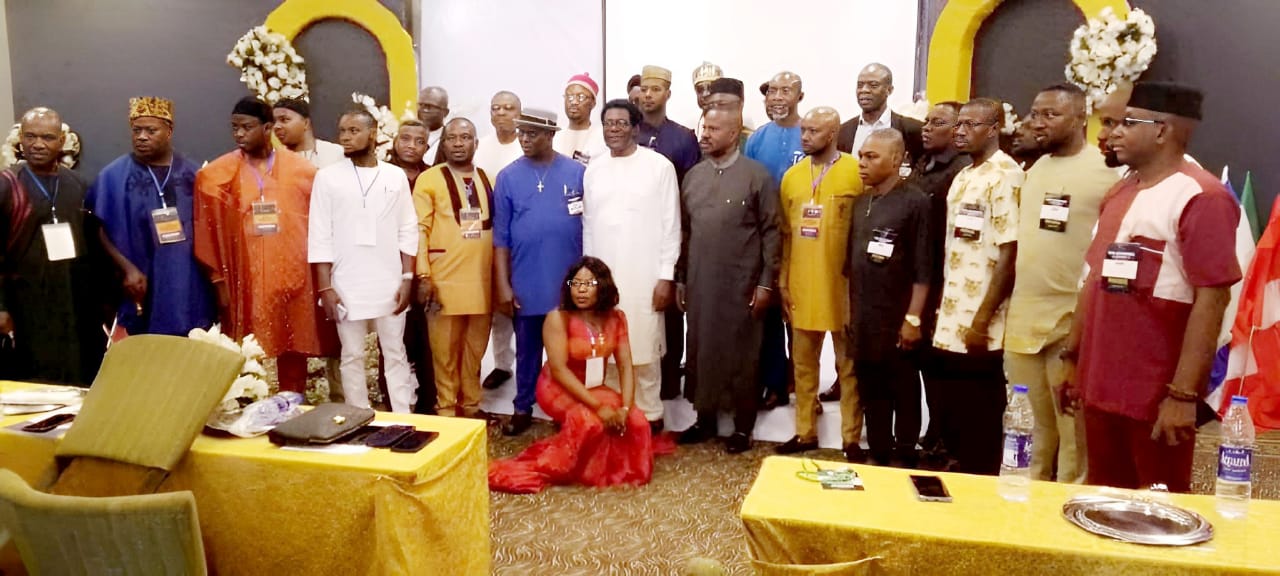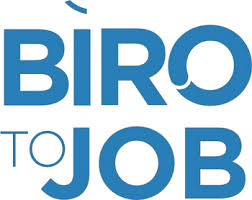Nigerians Rise For APC For A Promise Kept

By: Ethelbert Okere
We can be under no illusion that the emergence of Asiwaju Bola Ahmed Tinubu, as the presidential flag bearer of the All Progressives Congress (APC), was the wish of every member of the party; but it has a soothing effect on the psyche of Nigerians, generally. Among other things, it shows that it is not true, after all, that the Nigerian political elite has lost every capacity to resolve naughty political issues.
Quite apart from the fact that Senator Tinubu had a formidable support for his aspiration to the presidential candidacy of the APC, the insistence by thirteen governors in the North – even if belatedly – that the presidency should rotate back to the southern part of the country is a pointer.
Of course, thirteen governors alone cannot be the sole determinants of whether power should go south or north but they were wise in beginning from the known to the unknown; the known in this case being using their influence within the party to insist that its presidential ticket must go to a fellow from the south. While it is immaterial whether or not they had any particular aspirant in mind, Nigerians, irrespective of partisan leanings, should dwell on its significance which, as already stated, is that the northern political elite as presently constituted has a good number of progressives, contrary to what it used to be known for. It is, of course, possible that somewhere inside that progressivism could be found some self serving interests among the governors but that still is subject conjecture.
Apart from the nationalistic ambiance of that stance, it has elevated the APC in the eyes of Nigerians, generally. Through the emergence of Tinubu, a southerner, the APC has diffused the tension that had enveloped the entire polity since the beginning of the presidential primaries. Yes, there were some well meaning leaders of the party from the south who preferred that it chooses a candidate from the North, that was not altogether in bad faith; besides that it showed that the process that led to the final outcome witnessed a robust debate that should characterize every mature polity.
Perhaps even more significant is the ease with which the party hierarchy kept in abeyance the earlier preference of some of its key members for a consensus candidate to align with a more popular demand for an open contest.
Such a thing is rare in the Nigerian contest, especially when those involved ordinarily wield so much power, within and outside the party, to the extent that they could have clung to their preference at the expense of its internal cohesion and collective stability of the Nigerian polity.
Nobody can, of course, argue that those who preferred the consensus option did not wish the party or Nigerians, generally, well. Their choice might not have been perfect but the thing to note is the discipline and courage with which they agreed to work with the rest of their compatriots, within the party, to pursue a more transcendental agenda that would go beyond merely ensuring that the APC remained in power. As far as I am concerned, the argument in some quarters, within the APC, that a candidate from the North would provide a stronger weapon with which to fight the Peoples Democratic Party (PDP), which had earlier picked its candidate from there, was quite appealing, especially if what mattered was the party to just retain power in Abuja. In other words, while there is no perfect political permutation, the APC should be commended for looking beyond electoral victory in February 2023 to come up with a stance that appeals to the collective psyche of the entire people of Nigeria.
There can be no doubt that Nigerians, generally, that is whether North or South, are desirous of seeing presidential power go to the southern part of the country after President Mohammadu Buhari. While they were not sure of how this could be achieved, they became even more nervous when the PDP threw up a presidential candidate from the North. Needless to say, the outcome of the APC presidential convention, a few days ago, has significantly lessened their anxiety; and they can now go about that objective with more certainty. They, Nigerians, couldn’t get something better – this ambiance to choose from two alternatives. And from the look of things, they are quite appreciative.
Which is why I think that those elements in the PDP who have already gone to town to begin to make personal comparisons between the presidential candidates of the two parties – the APC and the PDP – should desist from such. Just a few hours after the APC convention, a top official of the PDP was quoted as saying that Senator Tinubu “is no match to” the PDP presidential flag bearer, Alhaji Atiku Abubakar. Apart from that it was too hasty, the choice of words lacks tact and sophistication. Being “no match” is too ordinary to be employed in a presidential campaign and Nigerians will certainly sanction any of the parties that brings its campaign lexicon in the days ahead to such an abysmal level.
Agreed, electioneering campaigns, especially in our context, are characterized by unnecessarily strong words, and the personalization of commentaries but Nigerians, this time around, expect political parties and their candidates to begin to introduce some elements of ideological phraseology in their campaigns.
Already, the APC has an advantage over the PDP on this; at least in the sense that while it did not matter to the latter which part of the country presidential power should go to this time around, the APC has taken a firm stand on the matter and which is in tandem with the expectations of the generality of Nigerians. Yes, it is ideological for the APC to ideate on the need for power shift at a time like this and Nigerians are not taking it for granted.
My critics would, of course, raise the issue of the Southeast, a matter we all know what it is especially as succinctly captured by Dr. Ogbonnaya Onu when, while addressing delegates during the APC convention under reference, came up with the rhetorical question: “Where Is The Justice?”. Remarkably, Onu posed that question even before the commencement of voting; which means that he knew that his Southeast was most unlikely to be a beneficiary of that exercise that night.
Agreed that with the outcome of the APC presidential convention, the good people of the Southeast have not seen justice in its full but I am of the view that half justice is better than no justice at all. Through the APC, the people of the South, taken together, now stand a good chance of getting justice, even though it might not be in its fullest. A victory for Tinubu, which is quite imminent, will be half justice for the people of the south. The full justice would have been if power were to shift, not just to the south, but precisely to the southeast.
It is a difficult situation for the people of the southeast to contend with but methinks that we should come to terms with the fact that the chances of having one of their own occupy the presidential villa in Abuja, through the current election season, is quite slim. So, let’s have the half justice through the APC than no justice at all which the current arrangement of the PDP portends.
Furthermore, the attraction or beauty of Senator Tinubu’s candidacy is that after his tenure – whether in four or eight years – it would no longer be a matter of conjecture as to which part of the country the office of the president should go to. We would have established a template whereby power shift would no longer be subject to convenient semantics by a few. Once that is achieved, my people in the southeast can then, with more certainty, target their own day on the Nigerian seat of power.
Differently put, a victory for APC come 2023 will make the matter of power shift less amorphous and invariably less cumbersome. The opposite scenario being presented by the PDP would mean that after 2027 or 2031, Nigerians will return to another round of shouting angrily at each other over presidential power. With what the APC has done, a new norm is possible, to borrow a parlance that has been popularized by one good friend of mine.



